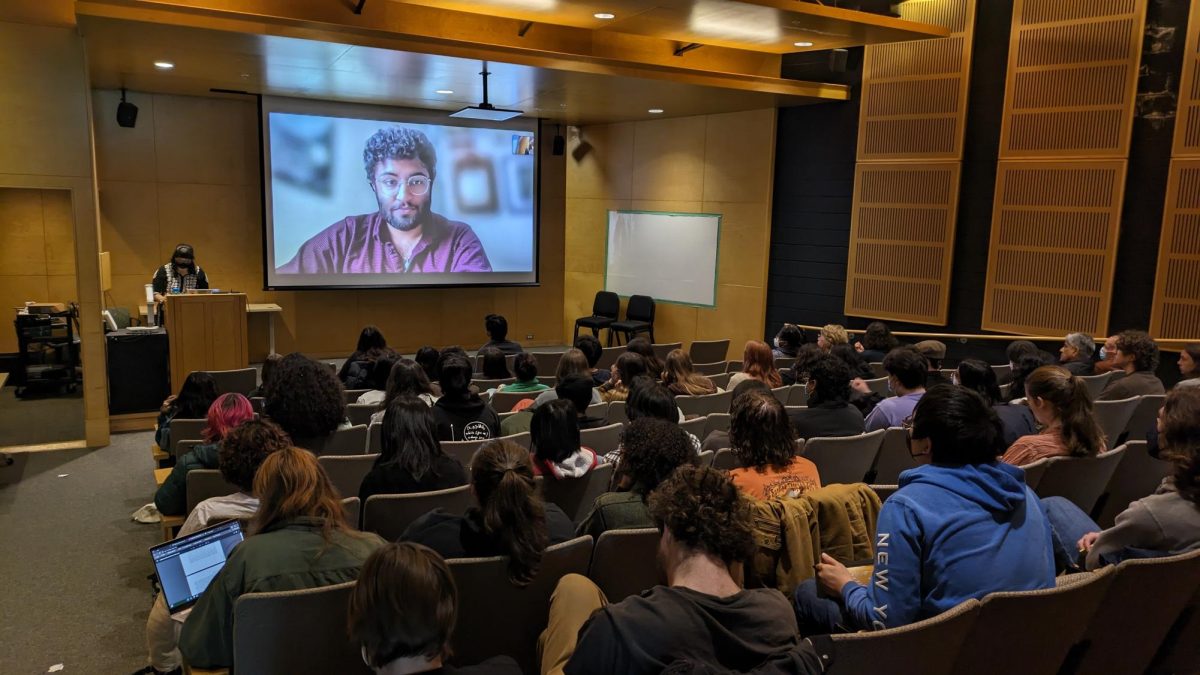Local Planned Parenthood to Remain Active After Budget Cuts
February 26, 2016
Ohio Governor John Kasich recently signed a bill to cut funding for Ohio’s Planned Parenthood Clinics. House Bill 294 prevents the state from funding health organizations that perform or promote abortions. This action will block about $1.3 million in grants that Planned Parenthood would normally receive from Ohio’s Department of Health.
While the bill has yet to be made into law, Diego Espino, the vice president of community engagement for Planned Parenthood of Greater Ohio, expects the repercussions from the signing to extend to local levels.
When asked how the Lorain County Planned Parenthood branch would specifically be affected, Espino explained that while a large majority of the day-to-day functions will remain intact, the lack of funding will cause several key programs to shut down.
“The doors at our Lorain Health Center will remain open to every person and family in the community,” Espino said. “We will continue to work every day to reduce the number of unintended pregnancies and keep Ohio families healthy, Unfortunately, our Education and Outreach program — the program that is out there in the community — will be impacted by this bill.”
The Education and Outreach program includes offering sexual education programs to schools, youth services and professional organizations. These programs provide pregnancy and STD testing and offer educational classes that range from promoting responsible sexual behavior to fighting domestic violence.
Kasich’s approval of the bill is one of many successful antiabortion legislations passed by his administration. The House Community and Family Advancement Committee and Senate Government Oversight and Reform Committee backed the bill.
“None of these funds shall be used to counsel or refer for abortion, except in the case of a medical emergency,” the bill states.
The $1.3 million in grants that Planned Parenthood received from the state was largely used to fund programs such as HIV testing, prevention of violence against women and health screenings.
While Planned Parenthood expects to bear the brunt of the budget cuts, the bill works broadly to impact any health clinic that performs “nontherapeutic abortions”. A nontherapeutic abortion is one that is preformed when the fetus is not a result of rape or incest, or if the life of the mother would not be endangered were the fetus carried to term.
Section 1, Part B of the bill states that no funds the Department of Health receives through the Violence Against Women Act can be used for the process or endorsement of nontherapeutic abortions, in contracts with any organization that assists or endorses nontherapeutic abortions, or to become or continue to be affiliated with an organization that does either one.
It also disqualifies the use of funds from the Breast and Cervical Cancer Mortality Prevention Act, all materials from the infertility prevention project, all funds from the minority HIV/AIDS initiative, all funds received through the state under the Personal Responsibility Education Program, and all other state funds.
On Monday, Kasich cited videos that surfaced this past summer as having played a role in discrediting the clinic. The videos showed what appeared to be Planned Parenthood officials discussing the sale of fetal tissue. While many
Republicans have used the video to condemn Planned Parenthood, a January court ruling cleared Planned Parenthood of any wrongdoing.
“We consider women’s health to be critical, but you don’t have to be captive toward delivering it through an organization that frankly is largely discredited,” Kasich said.
Media backlash in response to the bill started when the approval became public knowledge. In an interview with CNN, Planned Parenthood President Cecile Richards responded to Kasich’s decision to sign the bill.
“This legislation will have devastating consequences for women across Ohio,” Richards said. “John Kasich is proudly eliminating care for expectant mothers and newborns. He is leaving thousands without vital STD and HIV testing, slashing a program to fight domestic violence and cutting access to essential, basic health care.”
Diego Espino provided a sense of how the new legislation would affect Ohioans on a local level, specifically the parts of the bill that will work against the services currently available.
“Once this bill becomes law, it will impact patients that receive services through Planned Parenthood for STD prevention, breast and cervical cancer screenings, infant mortality prevention programs, Violence Against Women Act programs and the Personal Responsibility Education Program,” Espino said.
Espino also criticized Kasich’s use of the surfaced video as evidence against Planned Parenthood while explaining how the bill failed to represent the best interest of Ohioans.
“[The] large majorities of voters, 60 percent in Ohio, do not believe that defunding is justified by the deceptively edited videos released in recent weeks by anti-abortion extremists,” Espino said.
Texas’ investigation of the video led to the indictment of the people who accused Planned Parenthood of selling fetuses as they had been secretly recording and editing footage of private meetings and appointments, according to CNN.
The $1.3 million loss represents about five percent of Planned Parenthood’s statewide budget. This figure is not enough to shut down clinics or affect day-to-day operations enough to close Planned Parenthood’s doors.
The practical impact from the loss of these education and outreach programs that serve communities around Ohio remains to be seen.
The bill is slated to become a law on May 21.














